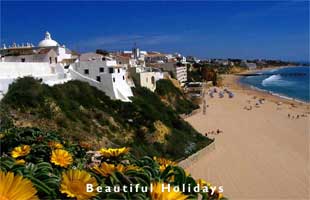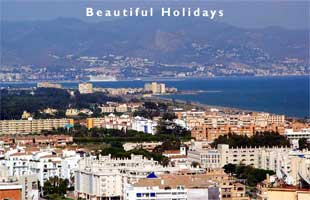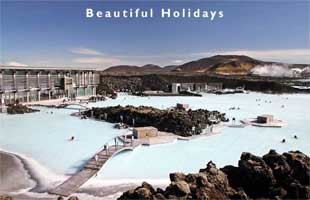European Holidays Guide
Beautiful European Holidays

European hotels generally fall into four categories:
Luxury hotels in Europe are generally found in big cities, and some country resorts. They often have restaurants with excellent chefs and their own swimming pools, and will do anything they can to make your stay easy and pleasant. Luxury hotels are a fantastic way to see Europe in style. Hotels and resorts in this category, some of which allow you to accrue loyalty points, but all strive to reflect the best of their city or region. There are luxury hotels suitable for everyone, and some specialist in particular activities like golf, fishing or spa activities.
Boutique hotels are independently owned and generally small, and are often stylish, quirky or have other features that you just wouldn’t get in a chain hotel. ‘Boutique’ doesn’t always mean luxury, although some hotels in this category are at the higher end of the market. These hotels tend to be aimed very firmly at couples.
Guesthouses, pensions and B&Bs vary widely in size, and are generally in a large-ish house that have been converted to be used by guests. They are mainly locally owned and provide accommodation and breakfast; some provide evening meals on request. Usually, you will have your own bathroom, although arrangements depend on the region and your budget. Some accommodation in this category can be very plush and rival that of hotels, although guesthouses and pensions are almost always smaller and more personal.
Budget hotels in Europe are found everywhere and are aimed at young people and stag and hen parties – they provide a basic place to sleep. Budget chain hotels are generally very samey and will charge extra for breakfast. Independent budget hotels often include elements of staying in hostels, like having a dormitory or a shared bathroom or kitchen.
In between these categories, the vast majority of hotels in Europe are middle of the road establishments that have some level of chain ownership, but are independently managed. These generally attract couples, families and corporate visitors. Hotels have often been trading in the same place for a long time – historic doesn’t always mean expensive.


